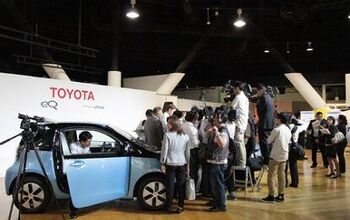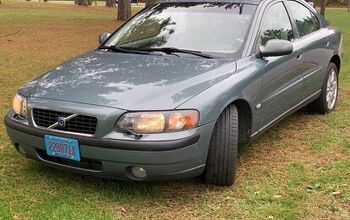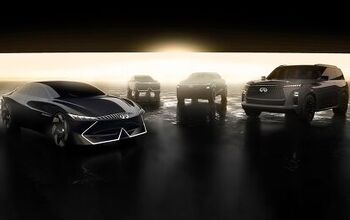EVs Run Out Of Juice

EV sales had shown minor signs of life in the last quarter of 2012, only to collapse sharply in January. “Sales of the Chevrolet Volt, the Toyota Prius Plug-In and Nissan Leaf each had deep dropoffs in January from December,” Reuters says.
“Even after accounting for the fact that January is one of the slowest months of the year for auto sales, the dropoff for plug-in electric cars was considerable,” Michelle Krebs of Edmunds told the wire. According to Krebs, consumers are opting instead for less-expensive standard hybrids, rather than plug-in electric cars. OEMS blame other factors, such as limited supply, model year changeovers, or changeovers from Japanese to U.S. production, as it is the case for the Nissan LEAF. GM says January sales were down for the Volt because people bought before the end of the year to gain the 2012 tax credit. Which may have been the power behind the last quarter rise of the still tiny segment.
The chart above (data courtesy insideevs.com) tells its own story. Ford did not report January sales of the C-Max Energi and the Ford Focus Electric. Not included. The chart also does not reflect sales by Tesla and Fisker who do not report data on a consistent basis. We do not believe that this has a material impact on the general trend.

Bertel Schmitt comes back to journalism after taking a 35 year break in advertising and marketing. He ran and owned advertising agencies in Duesseldorf, Germany, and New York City. Volkswagen A.G. was Bertel's most important corporate account. Schmitt's advertising and marketing career touched many corners of the industry with a special focus on automotive products and services. Since 2004, he lives in Japan and China with his wife <a href="http://www.tomokoandbertel.com"> Tomoko </a>. Bertel Schmitt is a founding board member of the <a href="http://www.offshoresuperseries.com"> Offshore Super Series </a>, an American offshore powerboat racing organization. He is co-owner of the racing team Typhoon.
More by Bertel Schmitt

































Comments
Join the conversation
To conclude that EVs have "run out of juice" is an oversimplification of the EV market. The short-range EV market (Leaf, Focus Electric, i-MiEV) is fundamentally different from the long-range EV market (Tesla Model S, ???). Market saturation of cars that can go only 75 miles per charge--or those that go 20 and then burn gas, for that matter--does not imply market saturation of those that can go 200-300 miles.
Electric technology is its own worst enemy. Who actually needs a car that doesn't use gas? The people that drive ALOT on a daily basis. But those people tend to prefer diesel. As diesel has no range anxiety and can quickly 'recharge." People that drive only on the short trips that electrics are suited for don't use much gas so they need tax credits to even consider electrics. Throw in the fact that people are going to eventually figure out that natural gas can run cars and its costs about 1/3 of what gasoline costs..and watch out. EVs have a tough road ahead of them.. I don't think we are going to see the switch over until we actually start running out of fossil fuels. Like say Saudi Arabia stops shipping oil..
Just curious - what did the "regular" car market do during January? I was under the impression that January was always a slow month for car sales...
If a Volt will go 36 miles on a July afternoon in Los Angeles, how far will it go on a January morning in St. Louis while providing enough heat to warm the driver and melt ice off the windows? What? Are we STUPID? LOLOL.